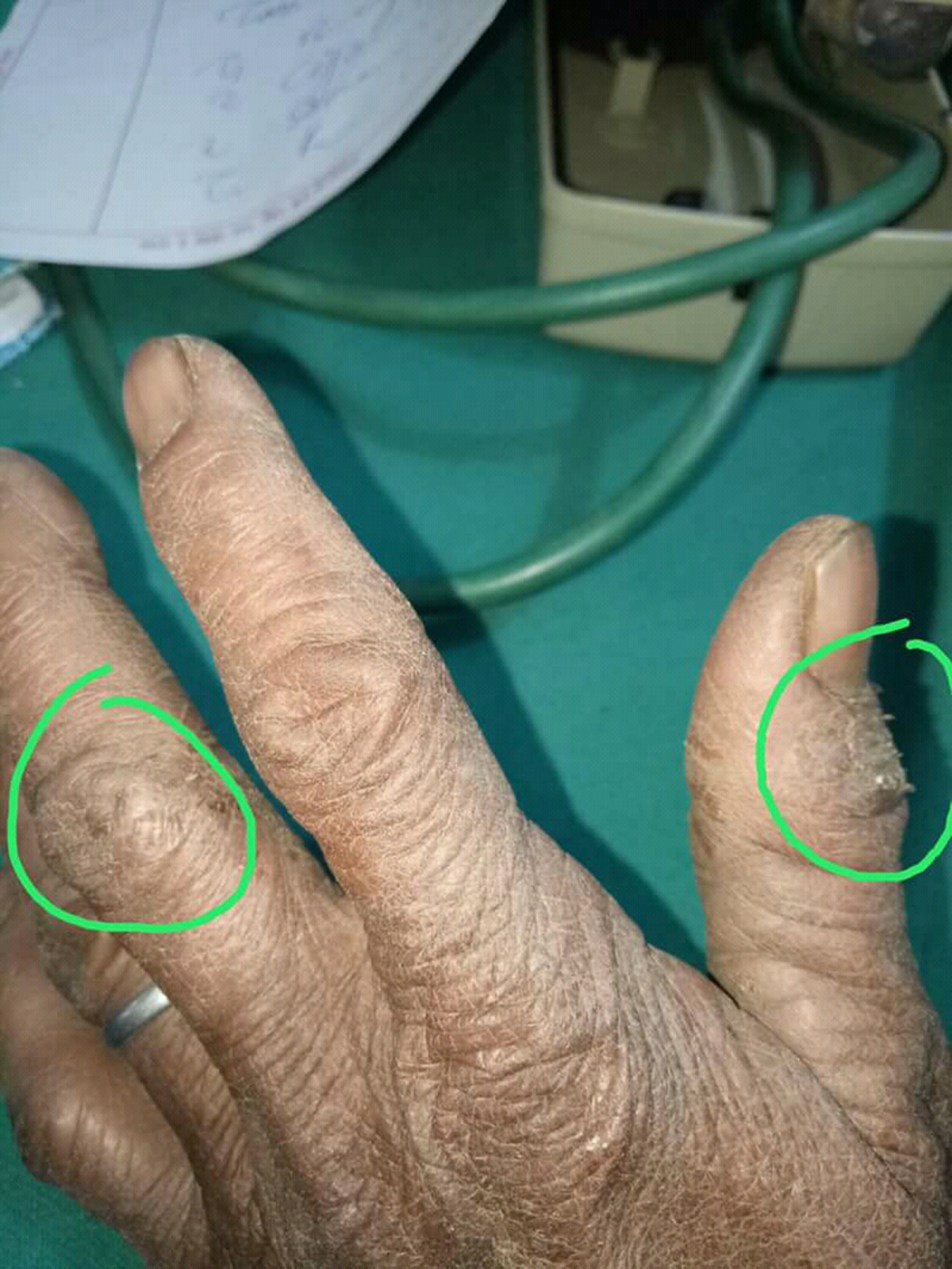
Discoid Rash
Discoid rash also known as discoid lupus erythematosus is a skin form of this autoimmune disease. Lupus is progressive and unpredictable medical condition which features with numerous symptoms which basically depend on the organ that has been affected. In discoid rash only the skin is affected by autoimmune process. More serious forms of lupus lead to damage of vital organs such as kidneys, heart, lungs and nervous system.
Symptoms of Discoid Rash
The skin changes in discoid rash predominantly affect the face, neck, scalp and chest. Skin changes that form rash may be flaky or scaly and they are either oval or round resembling a coin. This is how the disease got the name. Rash is usually itchy.
If a scalp is affected by the rash one may suffer from alopecia. So it is common that person loses hair on the affected part of the skin. Patients may additionally develop mouth sores.
The symptoms may occur after exposure to sun. The sun may be a trigger of the disease.
Rarely patients complain about stiffness of joints or pain in joints. These symptoms are more common in people suffering from systemic lupus erythematosus.
Diagnosis of Discoid Rash
The diagnosis of discoid rash cannot be simply set after examination of the patient. Since, rash is the only symptom of the disease and it requires thorough examination. Definitive conformation of the disease can be set after pathohistological examination of the biopted skin.
In systemic lupus erythematosus blood tests show increases levels of autoimmune bodies. This is not the case in discoid rash, so these tests are not routinely performed.
Treatment for Discoid Rash
The disease can last long and it takes time for all the skin changes to withdraw completely. Majority of patients are treated with corticosteroid ointments. Corticosteroid ointments reduce inflammation and are rather helpful in elimination of the rash and accompanying symptoms including swelling and erythema. Corticosteroids additionally prevent further spread of the rash. In severe forms of discoid rash patients may benefit from cortisone injections.
Apart from corticosteroids medications such as hydroxychloroquine can be also given to patients with discoid rash. This medication is typically administered in case of malaria. Administration of hydroxychloroquine requires special attention due to side effects that may cause damage to the retina.
Exposure to sun is either forbidden or restricted. UV rays may induce the onset of the disease and people who are already suffering from discoid rash may in certain cases expose themselves to sun rays but after previous application of sunscreen lotions.


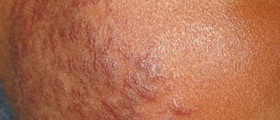
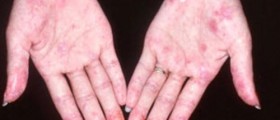

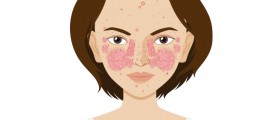

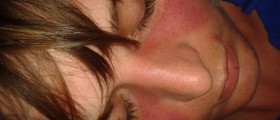
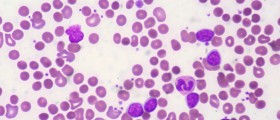
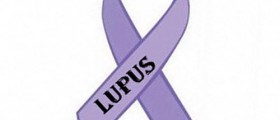
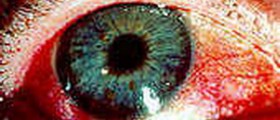



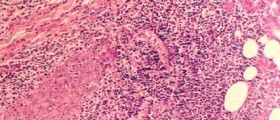

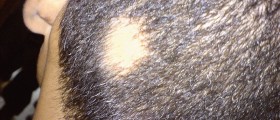
Your thoughts on this
Loading...